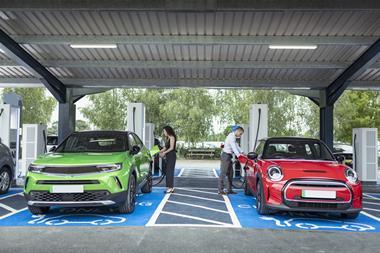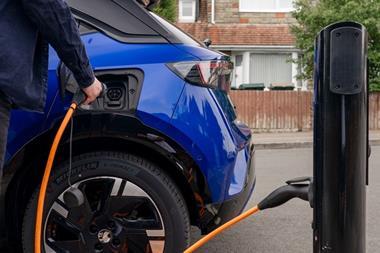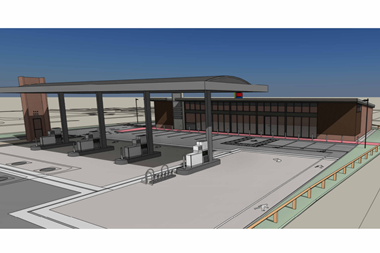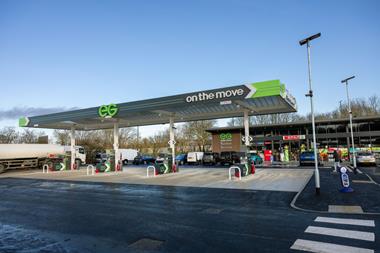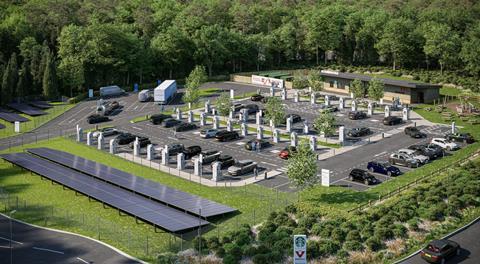
There was a significant increase in the number of electric vehicle chargepoints installed in the first three months of the year compared to the same period in 2024, new data has revealed.
Zapmap’s quarterly dataset shows a 29% year-on-year growth in overall numbers, with 3,141 chargers installed across the country between January and March.
Ultra rapid chargers, which deliver electricity at a rate of at least 150kW, were the fastest growing type of charger, their numbers rising from 4,666 at the end of December, to 7,726 by the end of March, a 65.6% increase.
Ultra rapid machines are installed far more frequently than rapid units, which deliver electricity at between 50 and 149kW and saw an 11.3% rise in numbers, indicating ultra rapid is the new norm, with chargepoint operators future-proofing their installations.
Many new ultra-rapid units were situated at charging hubs, which comprise six or more 50kW+ units at a single location, with the UK now having 586 chargers at hubs, excluding Tesla Superchargers, which are not accessible to all EV drivers.
Significant hub developments include Instavolt’s new installation in Winchester, its 44 ultra-rapid making it the UK’s largest hub when it opened in March this year. Ionity’s 25 ultra-rapid units at the DoubleTree by Hilton hotel, Dartford, was another significant new hub that went live in the first quarter.
Such is the pace of chargepoint technology that ‘fast’ chargers, which deliver electricity at no more than 50kW and can be as low as 7 or 22kW, are considered relatively lethargic by today’s standards, the ‘fast’ moniker having been applied to differentiate them from ‘slow’ domestic three-pin plug electricity in the early days of EVs.
Names aside, the number of fast and slow (under 7kW) chargers grew by 28% over the last quarter, with the 61,378 of these units across the country. Lamp-post plugs, and destination chargers, often found at hotels, gyms and the like, are often pegged at around 5 to 22kW and require far less infrastructure works than their faster siblings.
Zapmap’s co founder and chief operating officer, Melanie Shufflebotham, said her firm’s data highlights “what we can expect to see in the next stage of the infrastructure’s evolution, in terms of the emergence of innovative solutions, a focus on more powerful chargers and therefore decreased charging times”.





















